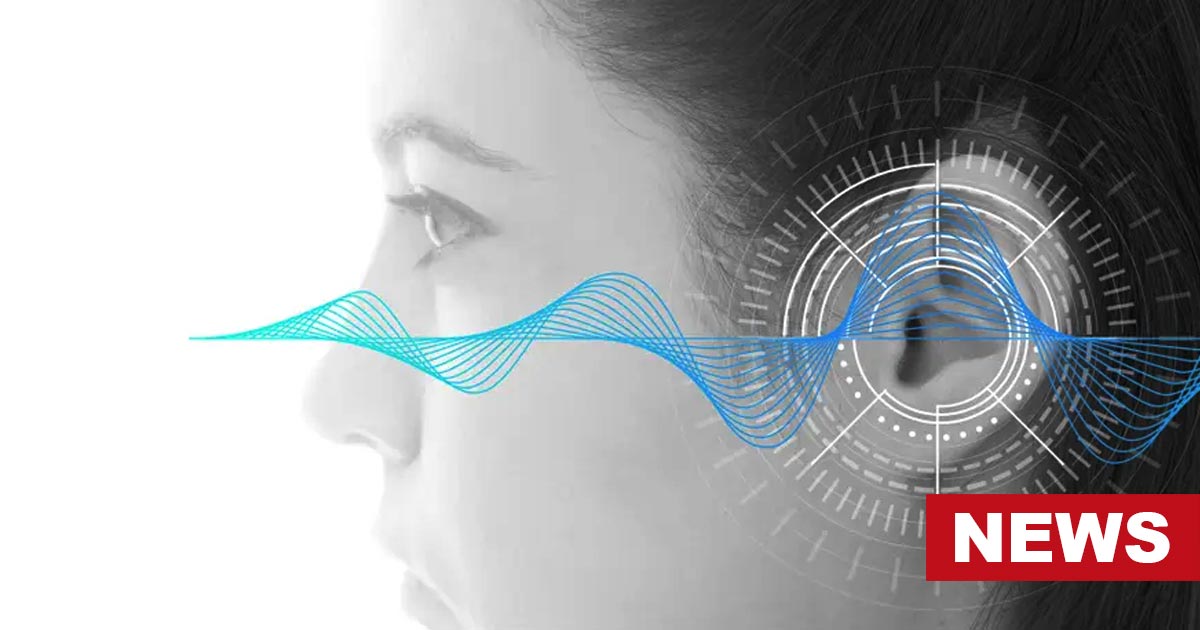Individuals with mood disorders often experience difficulties in understanding speech, a phenomenon that persists even during periods of remission, according to a study published in The Journal of Neuropsychiatry and Clinical Neurosciences.
While previous research has highlighted the impact of mental illness on auditory processing and speech comprehension, this study delves into how processing speech in bipolar disorders becomes difficult even when the symptoms are not present.
The investigation focuses on the relationship between auditory processing and various mental illnesses, such as schizophrenia, depression, and alcohol addiction, with a specific interest in speech comprehension.
Addressing the gap about speech perception and mood disorders in existing literature, the study explores speech understanding in individuals with bipolar disorder and unipolar depression, both during mood episodes and remission. The research, led by Maria Napierała and her colleagues, enrolled a sample of 43 patients with bipolar disorder, 32 with unipolar depression, and 35 control participants.
Among the bipolar disorder patients, 20 were experiencing manic episodes, while 23 were in depressive episodes. Participants with mood disorders were drawn from a hospital setting, while healthy controls volunteered.
Participants underwent the Polish Sentence Matrix Test, which assesses speech recognition amidst background noise, measuring the Speech Reception Threshold (SRT) required to comprehend 50% of spoken words.
Additionally, an audiological evaluation examined middle ear function and hearing sensitivity across different frequency ranges. The study’s results revealed that both bipolar disorder and unipolar depression were associated with compromised speech understanding compared to control subjects, regardless of symptomatic status.
In the case of bipolar disorder, speech understanding during remission resembled levels observed during active manic episodes. Similarly, participants with depression exhibited lower speech comprehension during depressive episodes compared to remission, irrespective of whether they had bipolar disorder or unipolar depression.
Notably, processing speech in mood disorders did not significantly differ between the two groups. Among those with unipolar depression, individuals with hearing impairment experienced more pronounced difficulties in speech understanding.
The implications of these findings are practical, as they shed light on the challenges individuals with mood disorders face in daily social interactions due to compromised speech perception in noisy environments. The study illuminates the intricate link between mood disorders and speech comprehension, yet acknowledges certain limitations.
Notably, the study did not assess participants’ general cognitive abilities, leaving room for potential interactions between cognitive function and mood disorders. Additionally, the influence of pharmacological interventions on the results is a factor to consider.
The research, titled “Speech Understanding in Manic and Depressive Episodes of Mood Disorders,” underscores the importance of comprehending difficulties in processing speech in bipolar disorders—emphasizing the need for tailored interventions to address communication difficulties in individuals with these conditions.


